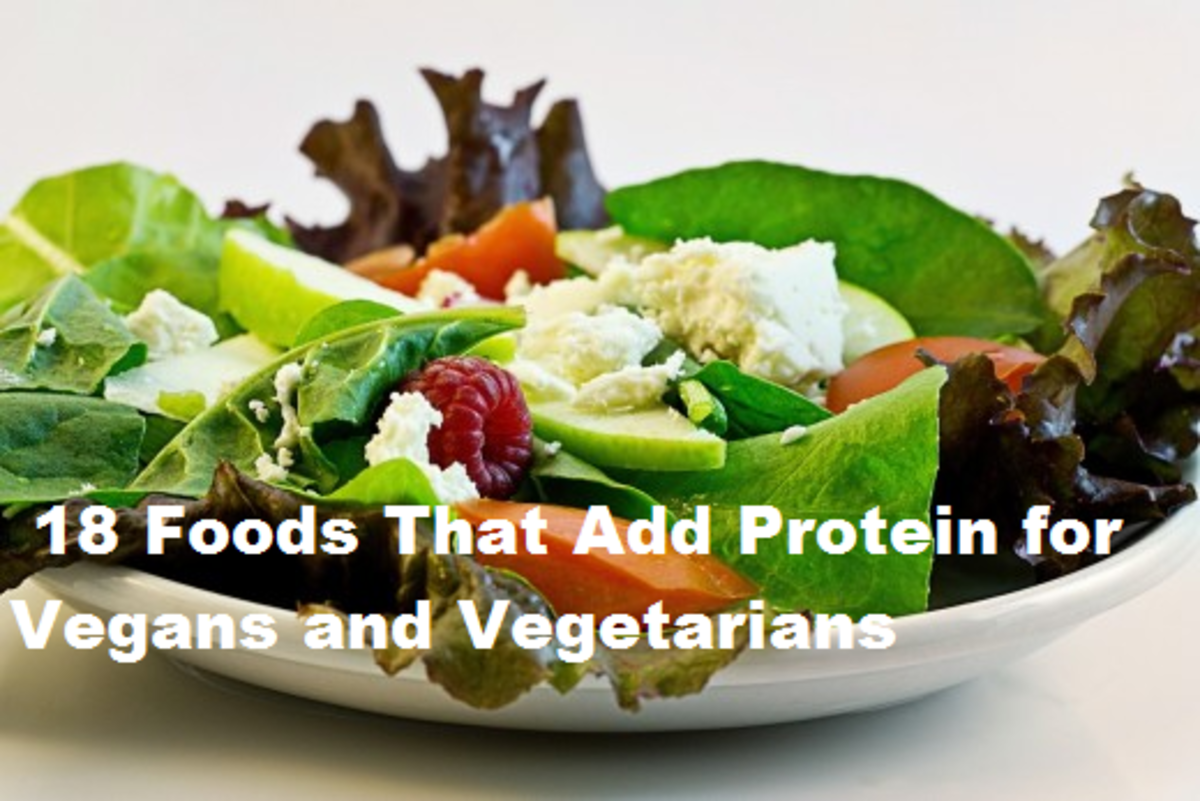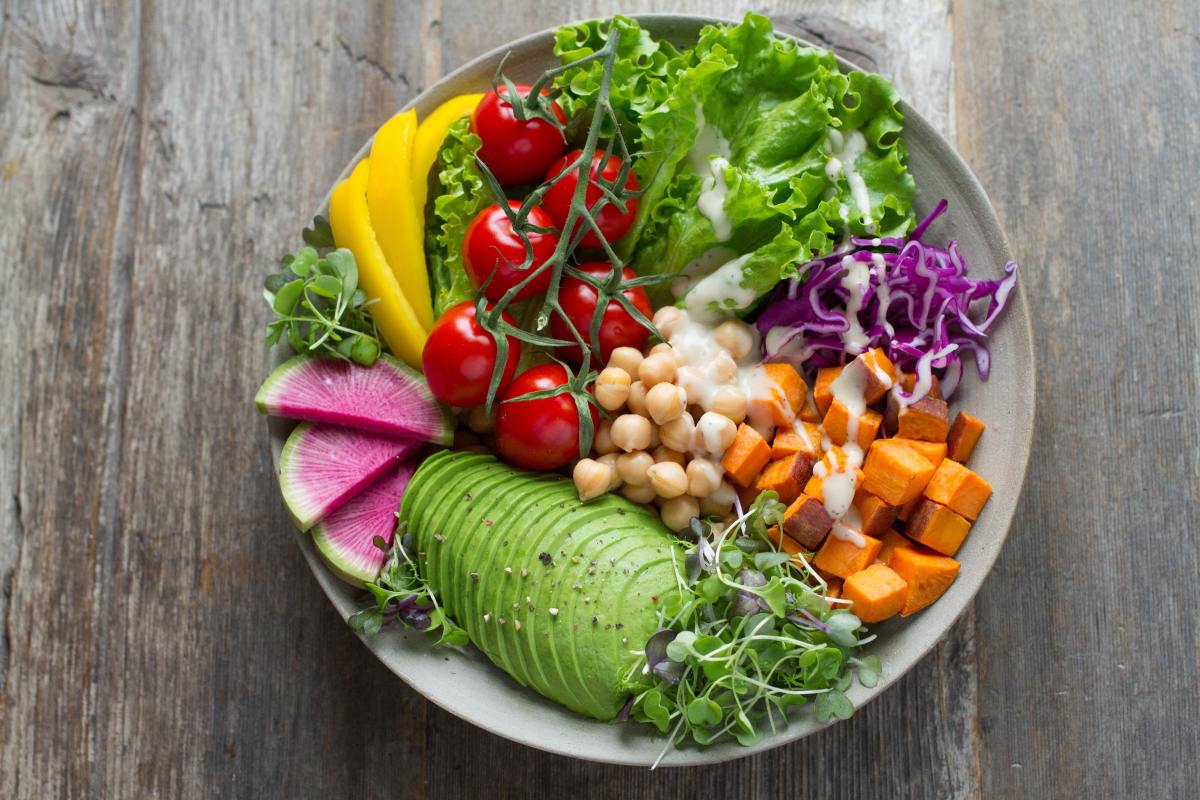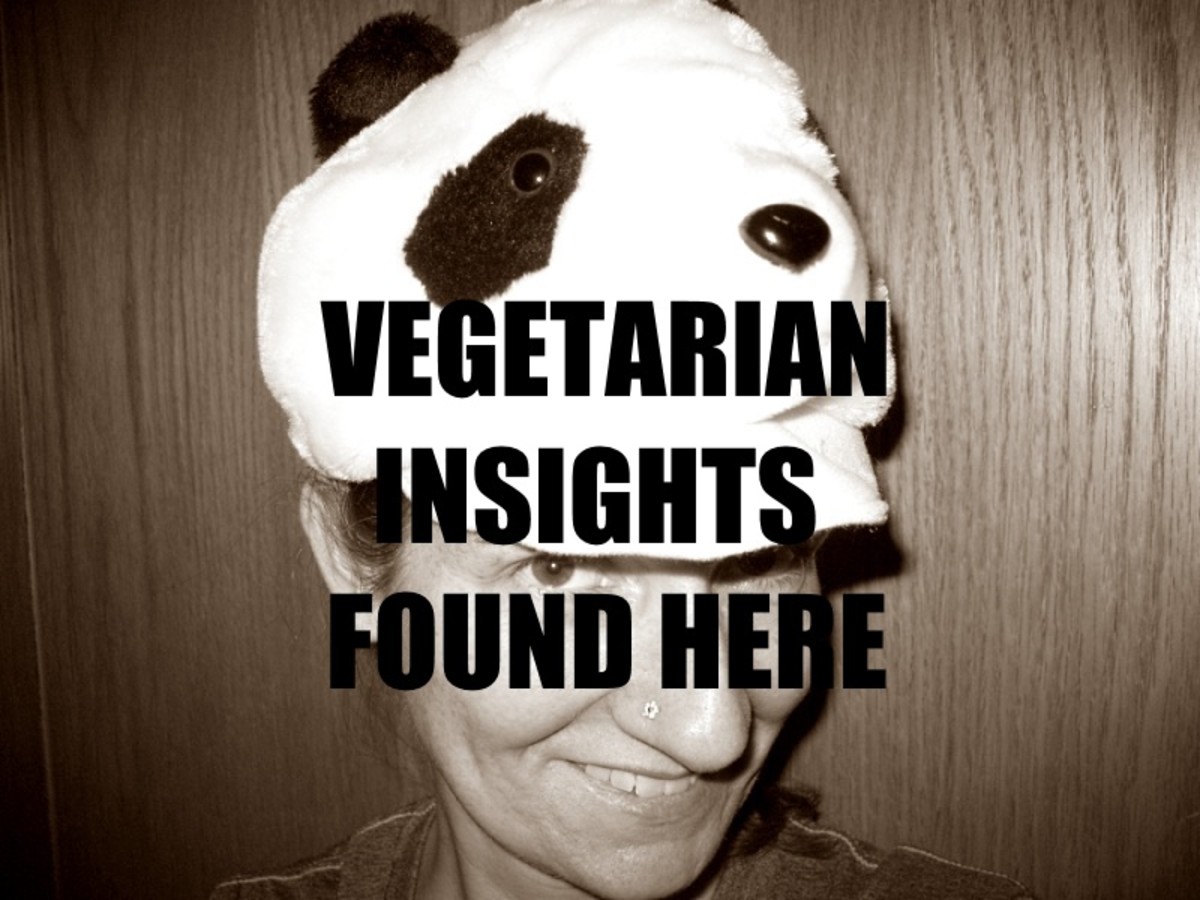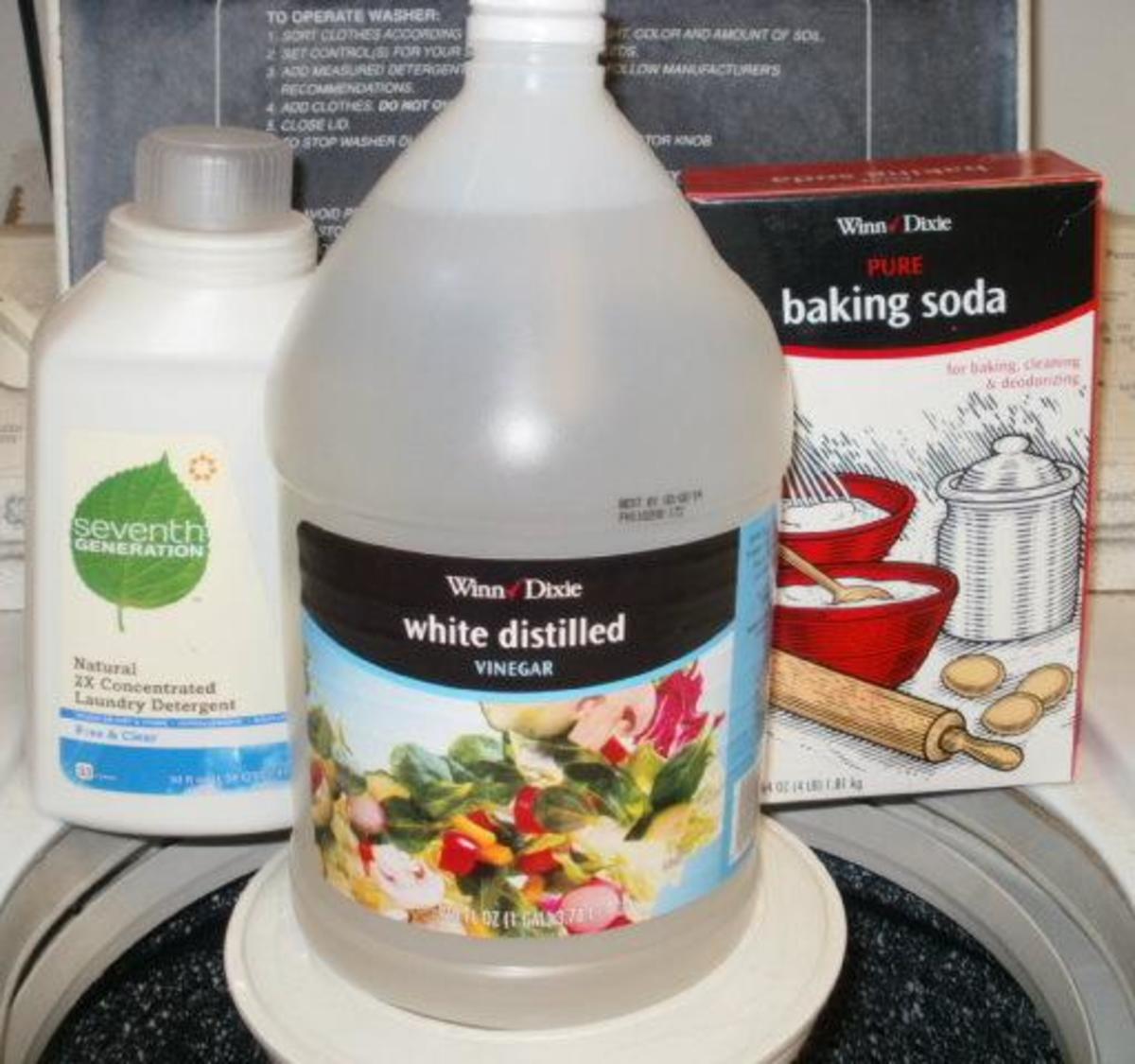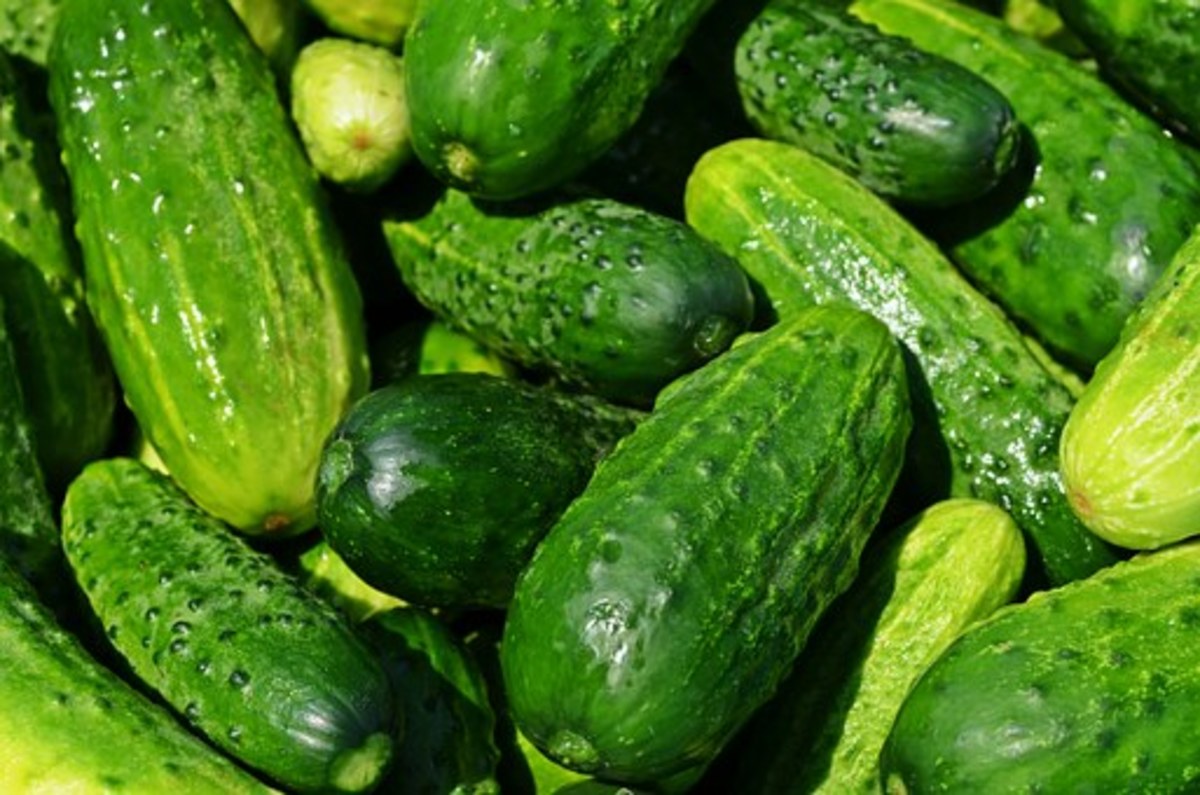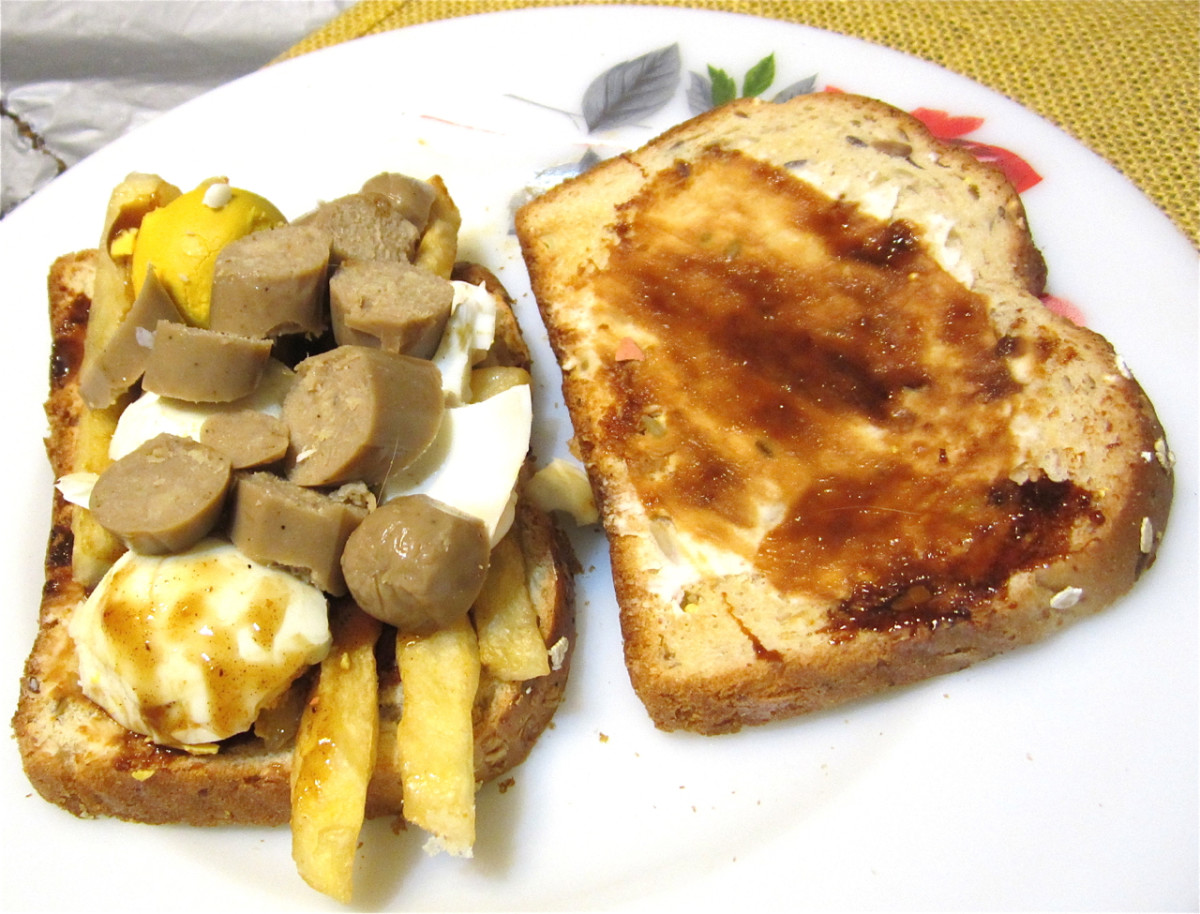How to be the most environmentally friendly vegetarian or vegan.
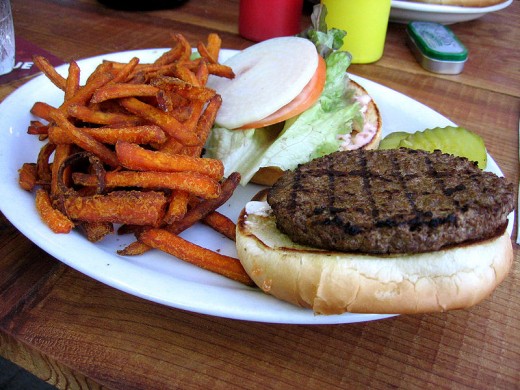
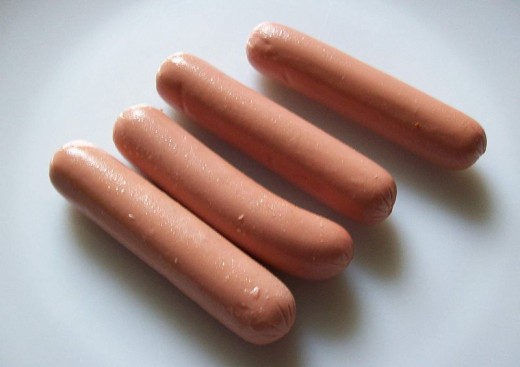
Where do your groceries come from?
You've probably heard the word "localvore" before. It is a trend in green eating that looks to promote awareness of where your food comes from, with the logic being that if you eat food from sources within 100 miles, you support your local economy and reduce your carbon footprint by reducing the distance that your food needs to travel to get to you.
This concept is relatively simple: Eggs from the chickens on the farm outside of town travel ten minutes to get to your house. Eggs from the factories in Delaware may need to travel for days or even weeks. Let's not even get started on foods that are processed and packaged overseas in faraway places such as Thailand and China. In short, eating local mean less pollution. Eating local means eating green.
But something that people often overlook are the implications of a vegetarian diet. While many people chose to be vegan or vegetarian because of environmental concerns, the importance of meat in our culture leads them to purchase products made from corn and soy that are meant to mimic the flavor and texture of meat. Unfortunately, the greenness of not eating meat could be overridden by the sale of these so-called "vegetarian" foods, as they are heavily processed and packaged, and often must travel long distances to land on your dinner plate.
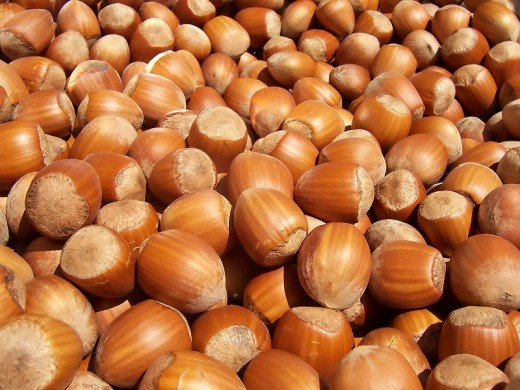
What a Bard College Professor Has to Say.
Gidon Eshel, a geophysicist at Bard College, analyzes the environmental impacts of food production. He calculates the nutritional value of the food versus the amount of energy put into its production. For example, for every 100 calories of energy that are put into producing a steak from a factory-raised cow, only 6 calories make it into the mouth of the consumer. In comparison, foods like apples actually give you 110 calories for every 100 calories spent producing them, meaning that their nutritional value in comparison to the energy put into getting them to you makes them a bargain to produce.
Eshel believes that "vegetarian meats", including store-bought veggie burgers, use just about the same amount of energy as the real meat itself. And aside from the energy costs of making soybeans look like chicken, the chemicals used in the production of fake meats usually include EPA-registered air pollutants.
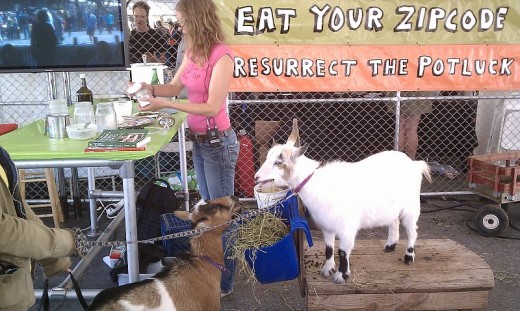
Where is your food coming from?
If you do eat these meat-mimic products, take a look at the label next time before you buy it. Are there any words that you don't know how to pronounce? Do you understand how every single ingredient is made? Choosing minimally processed foods with ingredients that you are familiar with is a good rule of thumb for spending your money in the most environmentally friendly way possible.
Let me know what you think.
Which do you consider yourself?
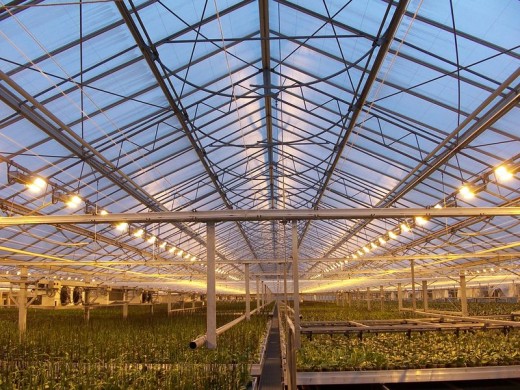
Of course, you can't survive without protein...
If you're very commited to your vegetarian or vegan diet, there is some good news for you: plant protein is the greenest choice, as long as it isn't super-duper-processed. Think raw nuts, beans, and soy paired with whole grains like brown rice. However, animal protein can play a part in a healthy diet, and it is wise to take this into account when your omnivore friends starts to grill you about your dietary choices. If you or someone you know wants to eat "green" without giving up meat, you can try to return to our traditions: be a localvore. After all, Earth's grasslands evolved with large herd animals like cattle and bison. While factory farms feed cows corn and engineer fertilizers out of petroleum, naturally raised cattle feed on grass in a pasture.
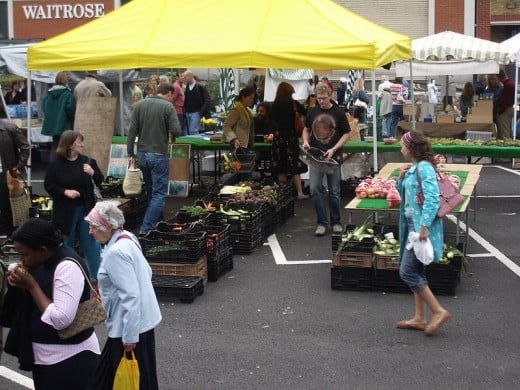
So, what's the moral here?
Someone really smart once said something like, "Change doesn't come from everyone being perfect, but from everyone being better." Something along those lines. You get the idea.
I'm including some links here in case you want to do some more reading:
- Diet, Energy and Global Warming Gidon Eshel and Pamela Martin
- Do the Math, Eat More Vegetables - Food - GOOD
When you crunch the numbers, a plant-based diet always wins. Here's more proof. - Study: vegan diets healthier for planet, people than meat diets
University of Chicago News Office Press Release - PopTech : Gidon Eshel
This content is accurate and true to the best of the author’s knowledge and is not meant to substitute for formal and individualized advice from a qualified professional.

